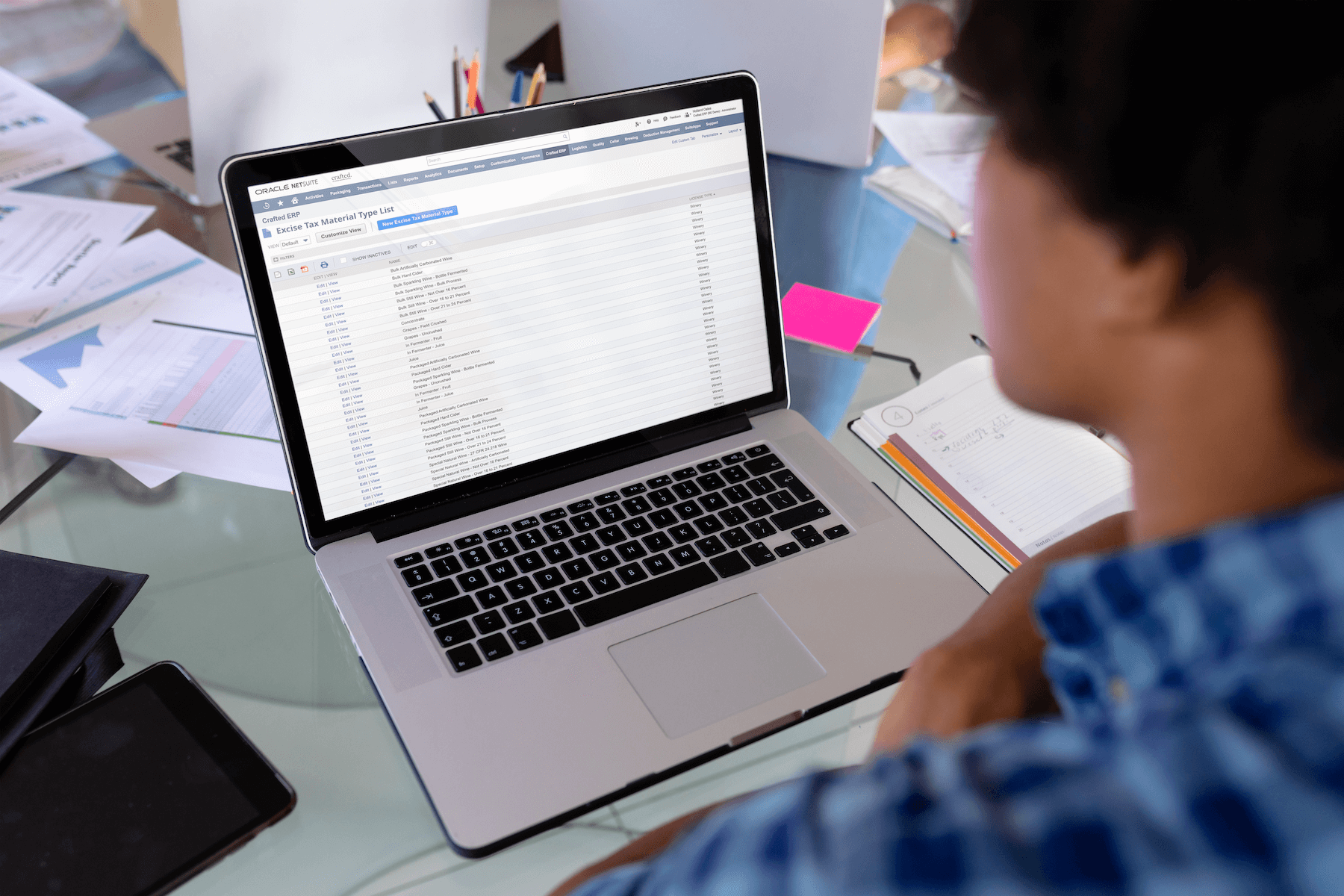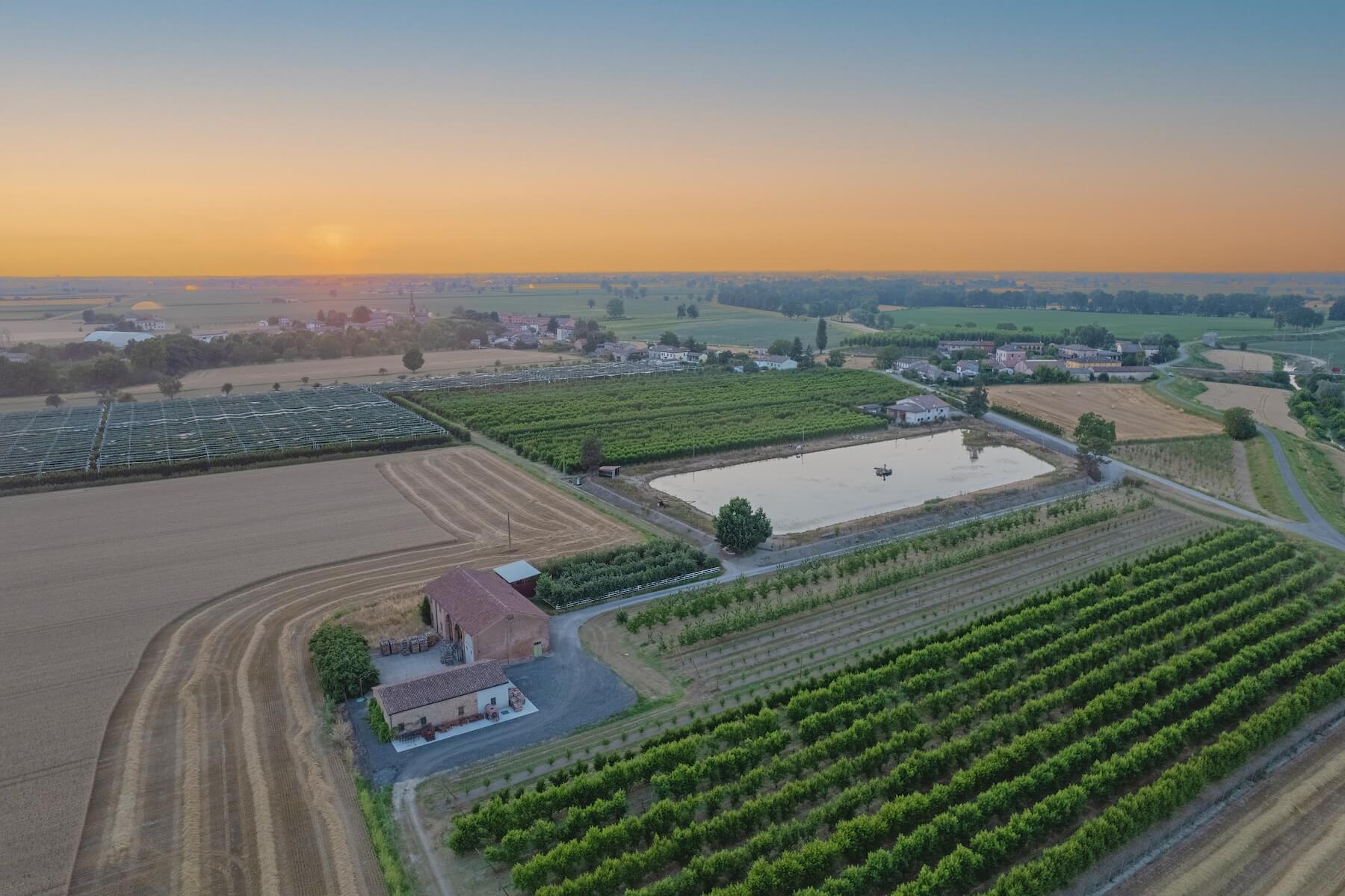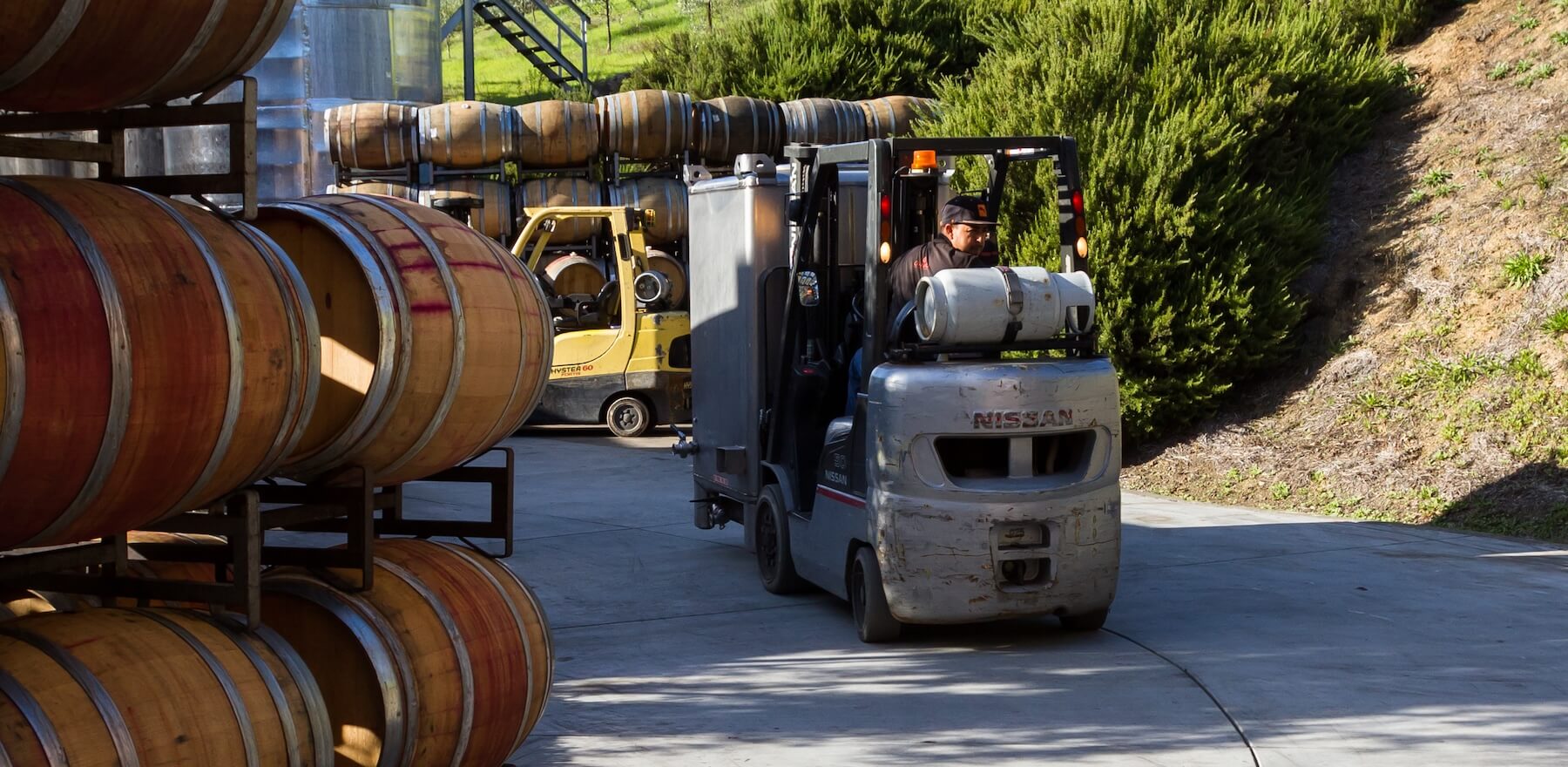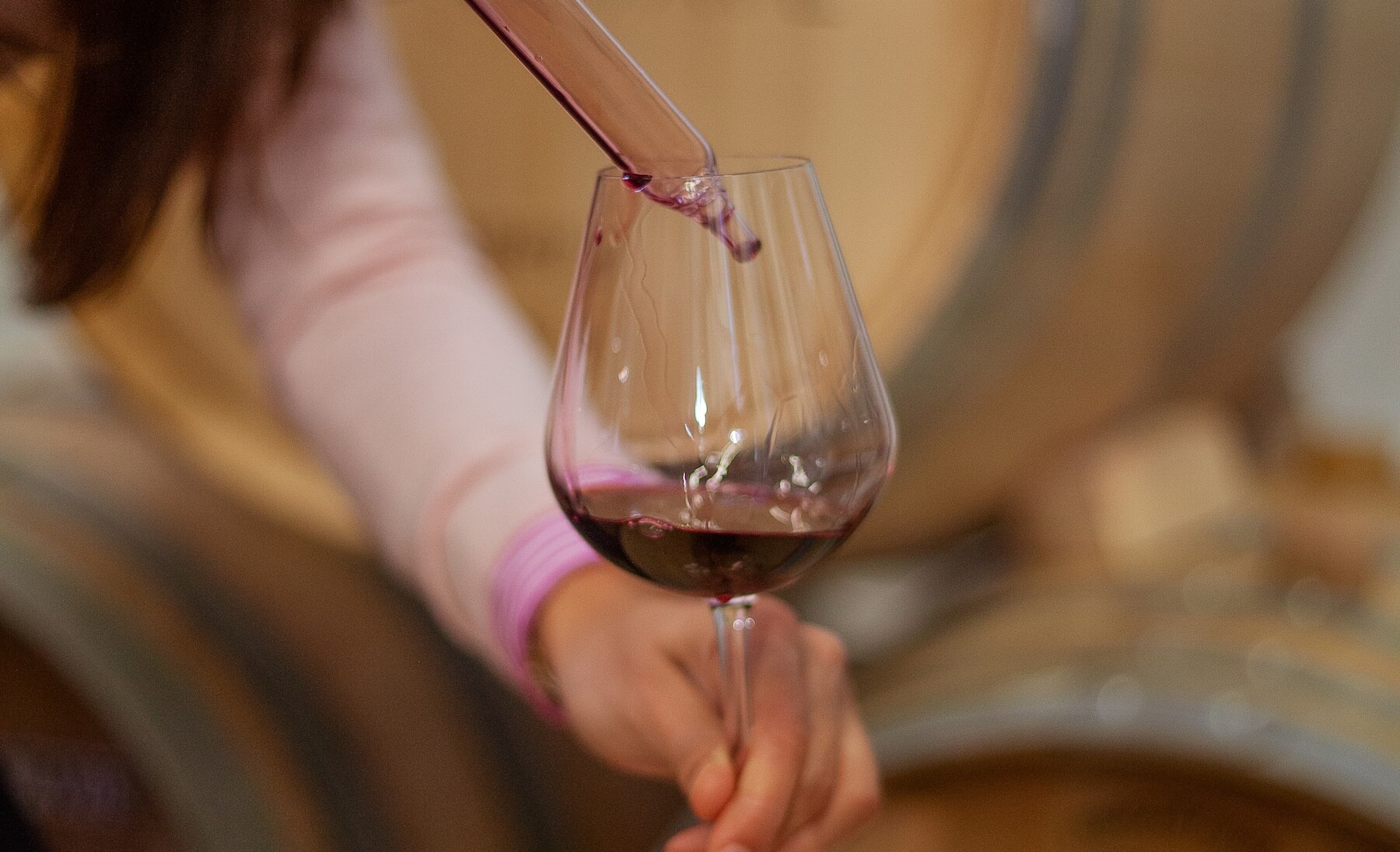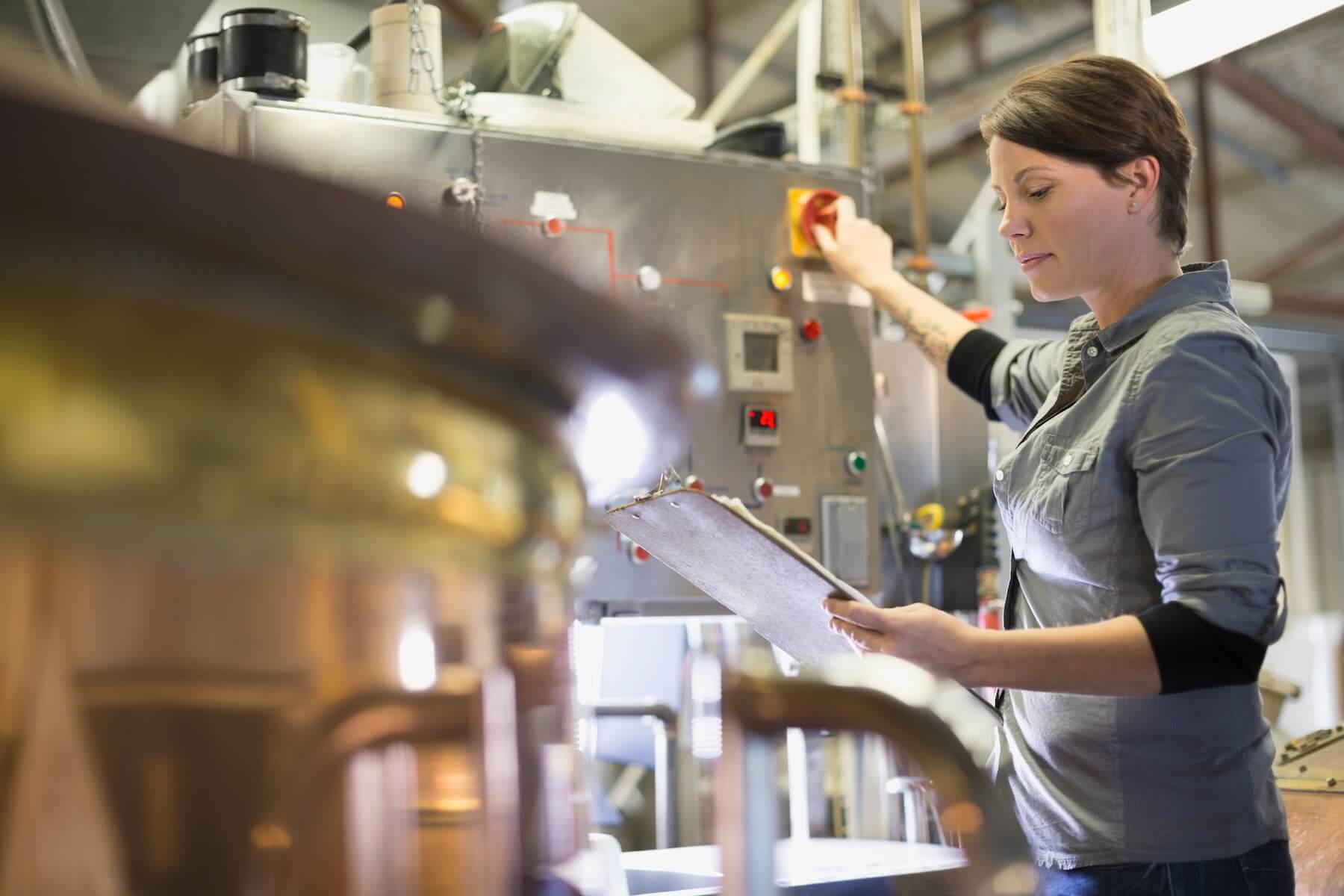If you’ve heard it once in the beverage industry, you’ve heard it a thousand times: You must know your customer. Great product alone isn’t enough!
Customer data is arguably among the most critical pieces of information you can collect and analyze in any business, particularly in the increasingly competitive beverage industry. To succeed, you must clearly understand your customers’ needs and behavior as well as solicit their feedback. Having accurate, real-time customer data can ignite your sales processes – if you know how to use it.
Leveraging technology and data empowers sales teams to compete effectively and achieve consistent sales and profitability goals. That’s where a CRM, or customer relationship management tool, can help you.
At its core, CRM is more than just a fancy acronym; it’s the lifeline that nourishes the relationship between businesses and their customers. CRM software keeps all customer and prospect data in a centralized location. It allows your sales team to track orders, view customer interactions, store contact information, track deals, process quotes and gain valuable insights on prospective and existing sales opportunities. It also helps improve customer relationships, increase customer loyalty, boost sales productivity and grow revenue.
CRM Empowers Sales Teams
Salespeople often shy away from (ahem, outright fight) the idea of using a CRM, viewing it as a time-consuming distraction from customer outreach and selling. But relying solely on the personality and personability of your sales team puts your business at a disadvantage to those wineries, breweries and distilleries that leverage the latest technology and data tools.
What sets exceptional salespeople apart is their knack for flawless customer follow-up. Detail-oriented sales superstars understand the importance of every interaction and know it’s all about the relationship.
Top salespeople embrace CRM for its ability to:
- Streamline time management
- Accelerate sales
- Secure bigger deals
- Ditch tedious call reports
- Retain hard-won placements
- Elevate customer service
- Meet and exceed sales goals
- Automate administrative tasks
CRM isn’t just a tool—it’s a catalyst for empowerment, helping your sales team seize, harness and optimize its capabilities!
However, not all CRMs are created equal. Standalone systems handling only one aspect of your business, such as sales or marketing, provide a limited view of your pipeline and its impact on your operations. Beverage ERP software, with its integrated CRM module, can give you a complete view of your customers by aggregating cross-departmental data from your ERP platform.
So, which is better for your beverage business: a standalone or integrated CRM? You guessed it: an integrated CRM. Here are three reasons why.
1. An Integrated CRM Gives You a 360-Degree View of Your Customers
Your sales team is incredibly important to the success of your business, but you’ve heard the adage: the right hand doesn’t know what the left hand is doing. A CRM mainly tracks sales activities and their contact with your customers, giving a partial view of your relationship. What about your customers’ interactions with other departments, such as support, finance or production? What about their order history, credit status or outstanding payments? These important pieces of information can help your sales and marketing teams understand your customers better, anticipate their needs and offer them personalized service.
An integrated CRM can give you a complete view of your customers and their experience at most touchpoints with your business. You can see everything on a single dashboard, such as their contact details, preferences, feedback, orders, invoices, payments and more. You can also access real-time data, like inventory availability, delivery status or customer satisfaction ratings. This provides a holistic and accurate picture of your customers and delivers a consistent and seamless experience across all touchpoints.
2. An Integrated CRM Improves Your Sales Processes
Common frustrations with a standalone CRM include data silos, duplication or inconsistencies between software systems. Additionally, manual data entry, whether in the CRM or another system, is time-consuming and prone to mistakes, which negatively impacts sales performance and customer satisfaction.
Crafted beverage ERP automates and synchronizes data, eliminating manual data entry, reducing errors and saving time. Implementing technology that provides a single source of truth ensures data quality and reliability, allowing for better pricing strategies, more effective promotional spending analysis, targeted sales efforts and enhanced relationship management. And, ultimately, it drives sales success.
3. An Integrated CRM Helps You Grow Your Beverage Business
Investing in a standalone CRM may enhance sales but could hinder growth potential, necessitating investment in additional systems and facing integration issues, compatibility problems and scalability challenges. Conversely, a comprehensive, scalable solution that combines ERP functionality for inventory, financial reporting and compliance with CRM features like lead generation and marketing campaigns provides flexibility, customization and cost-effectiveness. These benefits are further enhanced when using a cloud-based platform like NetSuite for data backup, security and updates.
Leveraging Technology to Stay Ahead of the Curve
The one-size-fits-all sales approach of yesteryear doesn’t work in today’s alcoholic beverage marketplace. While strong relationships with your customers and distributors are meaningful, they’re not enough anymore. Modern sales require mastering the art of effectively using CRM tools and data to focus efforts where they are most likely to yield results.
Incorporating CRM software into your business strategy offers numerous advantages, including:
- Leveraging purchase history and product interactions
- Faster and personalized customer support
- Tracking customer trends, insights and behaviors
- Cultivation of repeat business and loyal customers
- Data visibility across departments facilitating seamless collaboration
- Comprehensive lead scoring system
- Customized marketing automation enabling tailored communication
- Automated lead follow-up
Suppose valuable customer data is scattered among individuals and departments. In that case, you’re missing the value of having it all in a centralized platform. With a comprehensive ERP system that includes integrated CRM, you’re able to analyze data and gain insights about sales and growth opportunities.
Downplay Customer Insight, Risk Being Left in the Dust
The significance of customer data shouldn’t be minimized. It connects your business and your product intimately with your customers, offering a comprehensive view that goes beyond mere transactions. By choosing a beverage ERP software with integrated CRM, you unlock a wealth of opportunities – from streamlined operations to enhanced customer service. This synergy propels sales and fosters sustainable growth, positioning your winery, brewery or distillery at the vanguard of the industry. Mastering technology for sales isn’t just an option – it’s imperative for those who seek to lead the pack.
Don’t choke on your competitors’ dust! Take the lead with the Crafted beverage ERP software platform – and its powerful, built-in CRM. Let’s get talking!


